5 Japanese Food Spices You Can’t Live Without (And How to Use Them Like a Pro)
If you’ve ever bitten into a perfectly grilled yakitori skewer or savored the warmth of a bowl of miso soup, chances are, Japanese spices played a starring role in that flavor explosion. From umami-rich blends to subtle seasonings, Japan’s culinary traditions are steeped in spice magic. In this article, we’ll explore five must-have Japanese food spices, how to use them like a pro, and why they deserve a prime spot on your kitchen shelf.
Table of Contents
- Introduction
- 1. Shichimi Togarashi – The Seven-Star Heat
- 2. Wasabi – The Sinus Awakening Wonder
- 3. Sansho Pepper – The Citrusy Cousin
- 4. Gomashio – Sesame with a Salty Kick
- 5. Katsuobushi – Fermented Umami Powerhouse
- Spice Comparison Table
- Pro Tips for Using Japanese Spices
- Conclusion: Mastering the Art of Japanese Spices
1. Shichimi Togarashi – The Seven-Star Heat
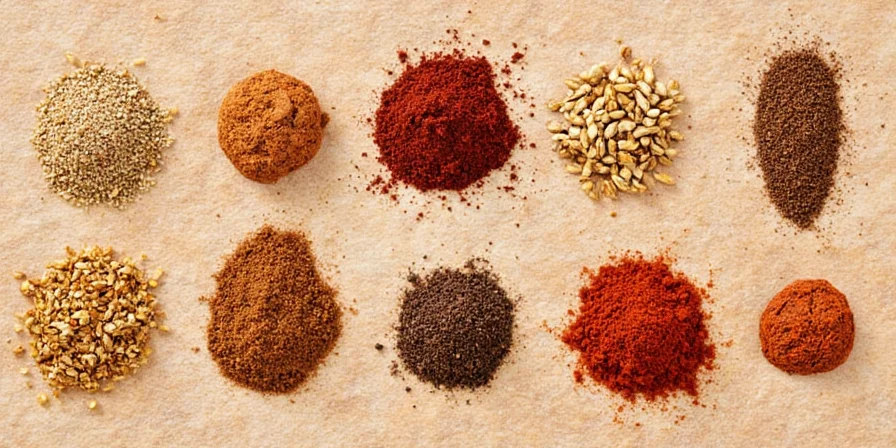
Forget plain old chili flakes—Shichimi Togarashi, or “seven-flavor chili pepper,” is where it’s at. This vibrant red blend typically includes seven ingredients like red chili peppers, orange peel, black sesame seeds, and even poppy seeds. Each brand has its own secret formula!
- Use as a condiment for ramen, soba noodles, or grilled meats
- Add a dash to mayo-based sauces for spicy sandwiches
- Enhances seafood dishes like takoyaki (octopus balls)
2. Wasabi – The Sinus Awakening Wonder
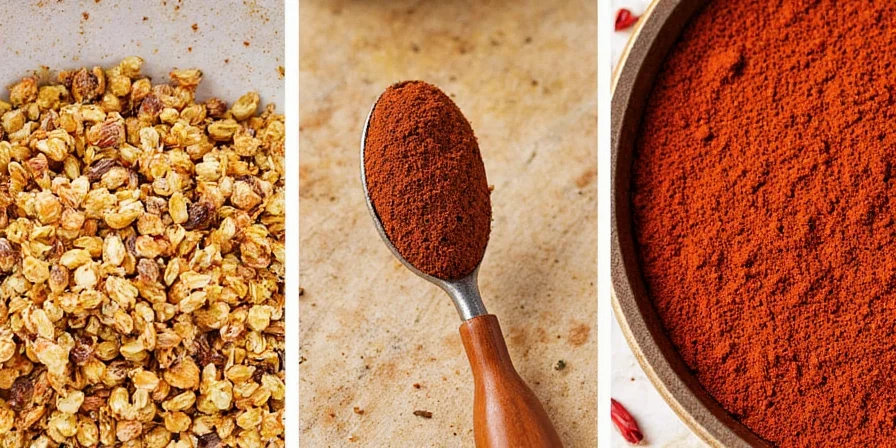
You can’t talk about Japanese cuisine without mentioning Wasabi. Known for its fiery kick that zaps straight to your sinuses, wasabi is traditionally made from the root of the Wasabia japonica plant. Real wasabi is rare—and expensive—but worth every penny.
- Best paired with sushi and sashimi
- Mix into soy sauce for dipping raw fish
- Try in fusion dishes like wasabi mashed potatoes
3. Sansho Pepper – The Citrusy Cousin
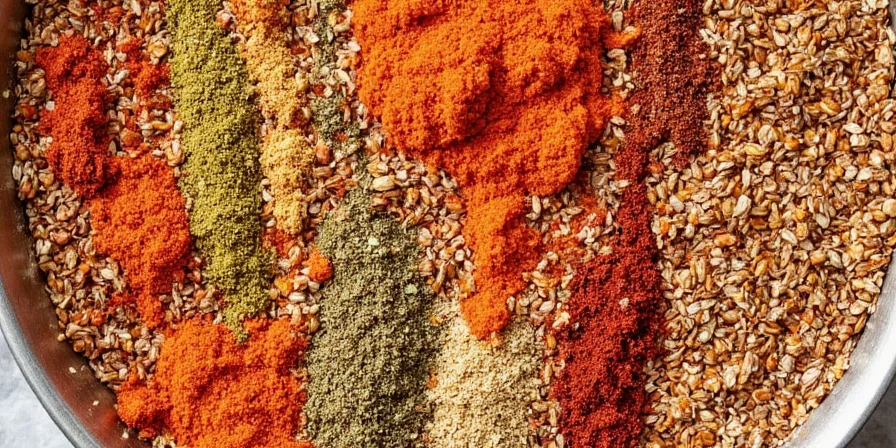
Sansho pepper is Japan’s answer to Szechuan peppercorn but with a lighter, more citrus-forward profile. It delivers a numbing sensation that enhances the natural flavors of foods, especially fatty meats and grilled fish.
- Used in yuzu-sansho salt for grilled eel or chicken
- Add to broths for a tingling finish
- Rub on skewers before grilling
4. Gomashio – Sesame with a Salty Kick
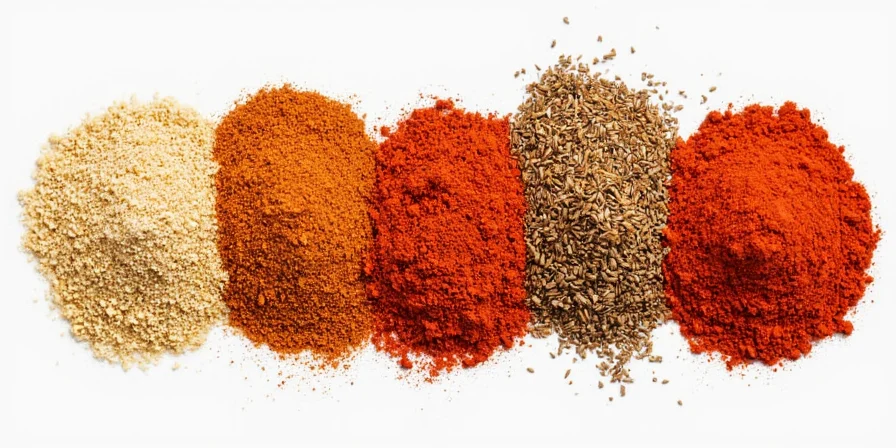
Gomashio might look simple, but don’t let its two-ingredient recipe fool you. Made from toasted sesame seeds and sea salt (usually in a 15:1 ratio), this crunchy condiment adds depth and texture to everything from rice to steamed veggies.
- Perfect on top of onigiri (rice balls)
- Mix into noodle dishes for added nuttiness
- Sprinkle over salads for a savory crunch
5. Katsuobushi – Fermented Umami Powerhouse

Katsuobushi, or dried bonito flakes, may not look like a spice, but they pack an incredible umami punch. Often used in dashi (the backbone of many Japanese soups and sauces), these fermented fish shavings melt slightly when hot, releasing deep savory notes.
- Essential for making authentic dashi broth
- Sprinkle on okonomiyaki or takoyaki
- Add to dressings for a salty boost
Japanese Spice Comparison Table
| Spice | Main Flavor | Best For | Heat Level | Storage Tip |
|---|---|---|---|---|
| Shichimi Togarashi | Spicy, herbal, floral | Ramen, grilled meats, noodles | Medium-High | Store in a cool, dark place |
| Wasabi | Hot, pungent, fresh | Sushi, dipping sauces | High | Keep refrigerated if fresh |
| Sansho Pepper | Citrusy, numbing | Grilled fish, broths | Low-Medium | Air-tight container |
| Gomashio | Nutty, salty | Rice dishes, salads | None | Store dry and away from moisture |
| Katsuobushi | Umami, smoky | Dashi, savory dishes | None | Refrigerate once opened |
Pro Tips for Using Japanese Spices Like a Local
Want to bring that Tokyo street food vibe into your kitchen? Here are some handy tricks:
- Freshness matters: Grind or crush your spices just before using for maximum flavor.
- Balance is key: Japanese cuisine thrives on harmony—don’t overpower other ingredients.
- Start small: Some spices like sansho and wasabi are potent—add gradually.
- Toast sesame seeds: For gomashio, lightly toast the sesame seeds for deeper flavor.
- Make your own: Homemade shichimi or gomashio lets you tweak flavors to your taste.
Conclusion: Mastering the Art of Japanese Spices
From the sinus-clearing punch of wasabi to the comforting crunch of gomashio, Japanese food spices offer a world of flavor waiting to be explored. Whether you’re a seasoned chef or a curious foodie, these five spices are your gateway to authentic Japanese cooking. So next time you’re craving something with soul, reach for one of these bold, unique seasonings and let your taste buds travel to the heart of Japan—one sprinkle at a time.
Now go forth and spice up your life! 🍣🔥

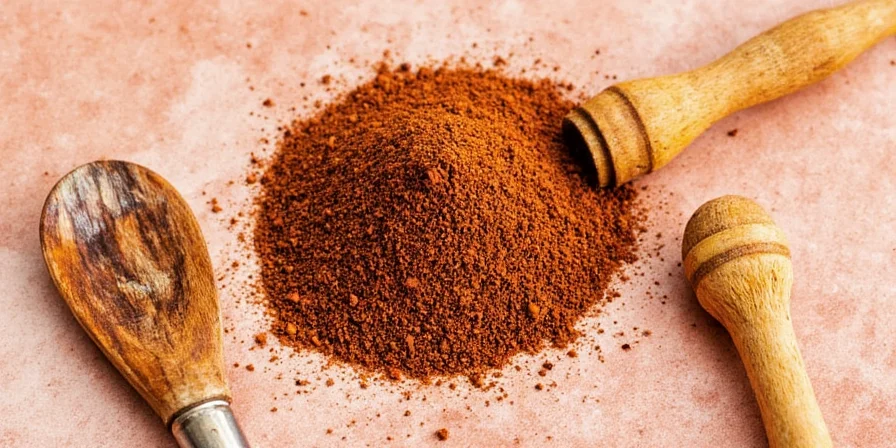









 浙公网安备
33010002000092号
浙公网安备
33010002000092号 浙B2-20120091-4
浙B2-20120091-4